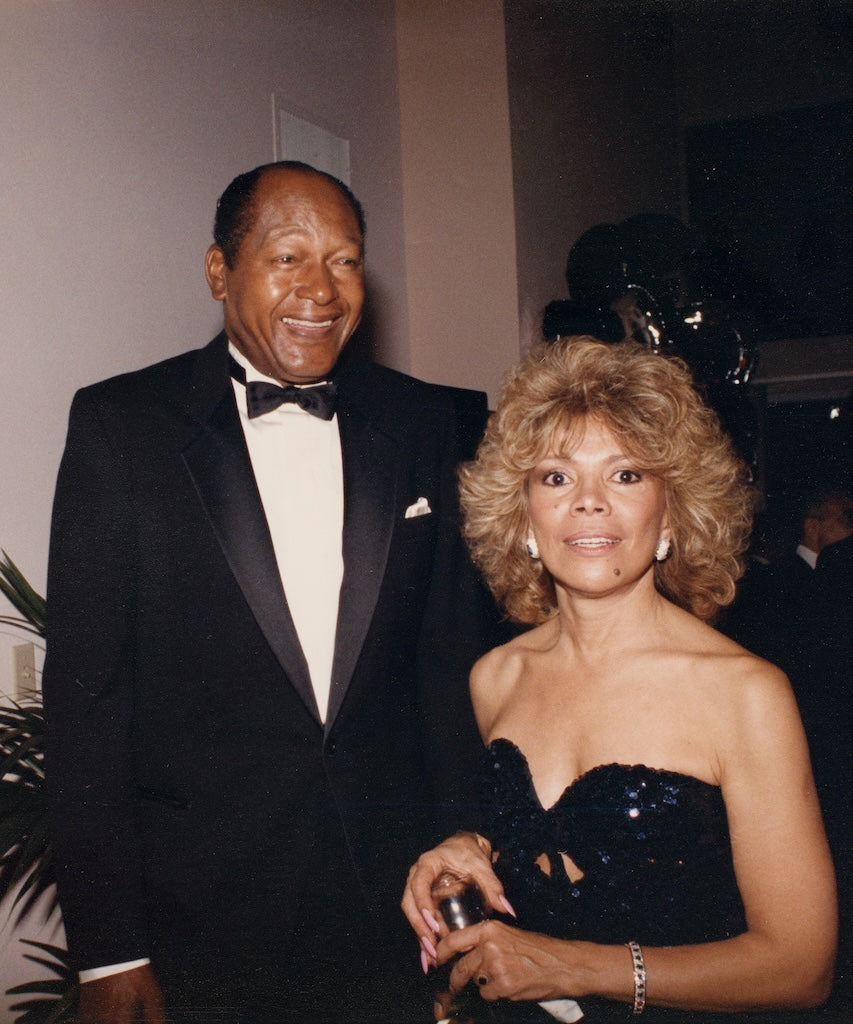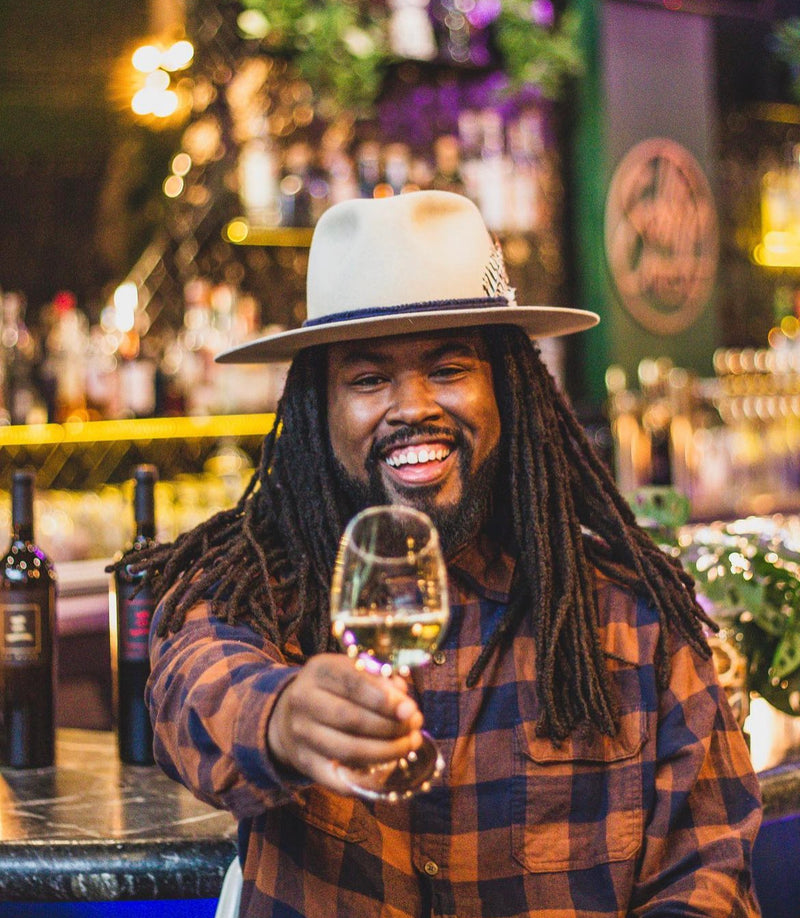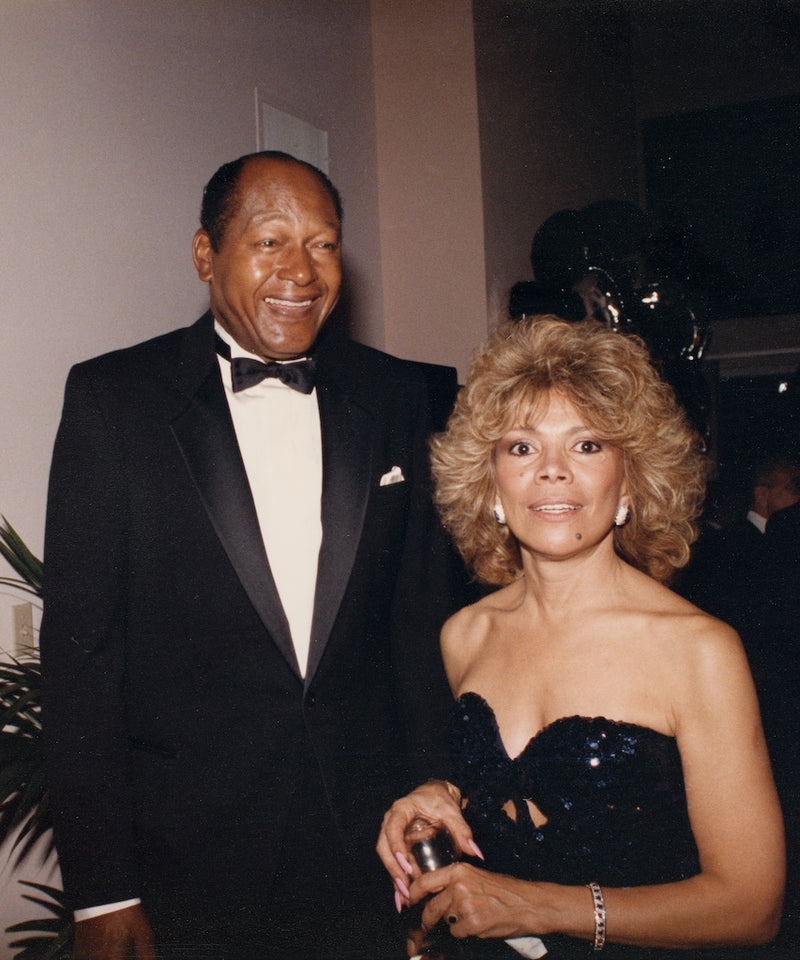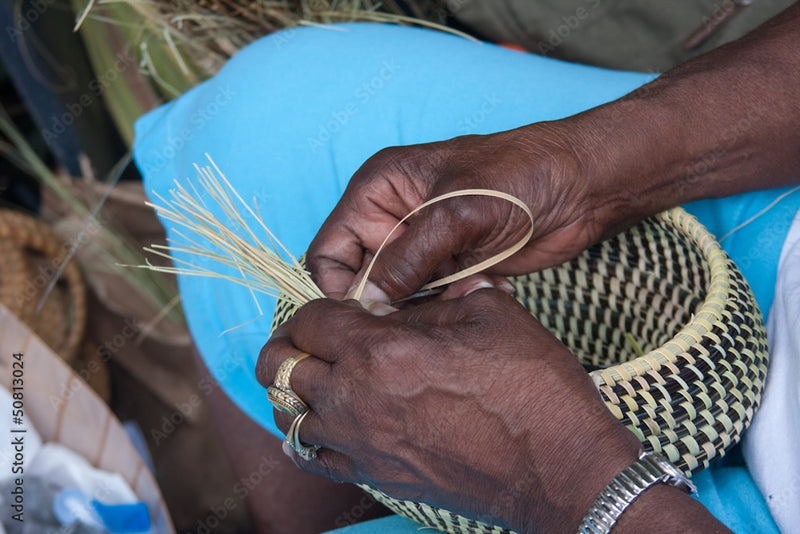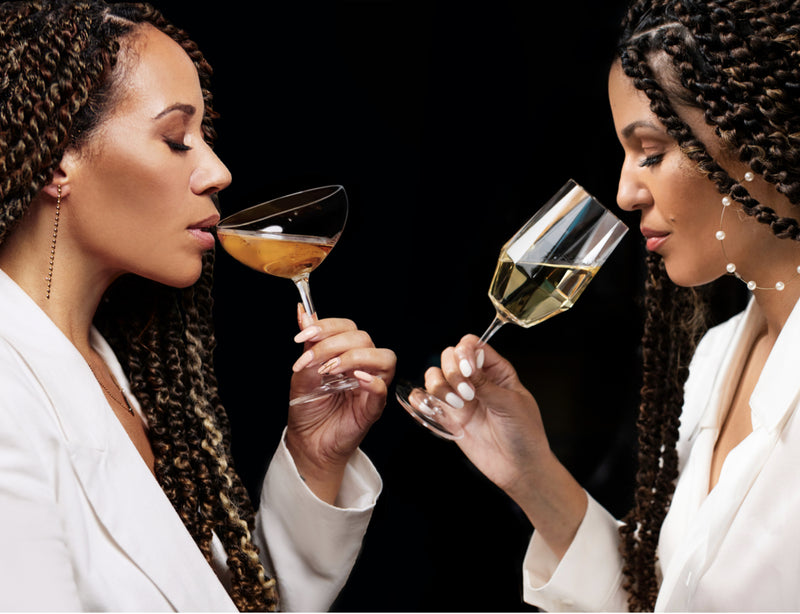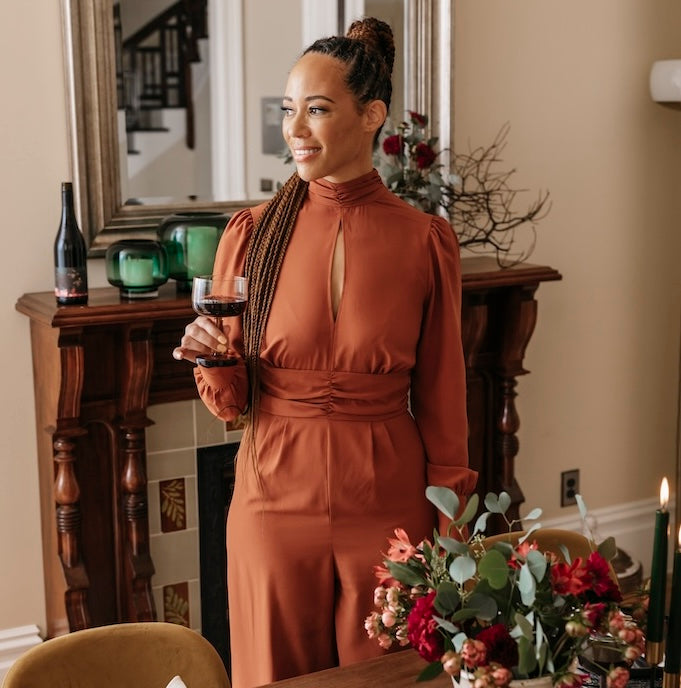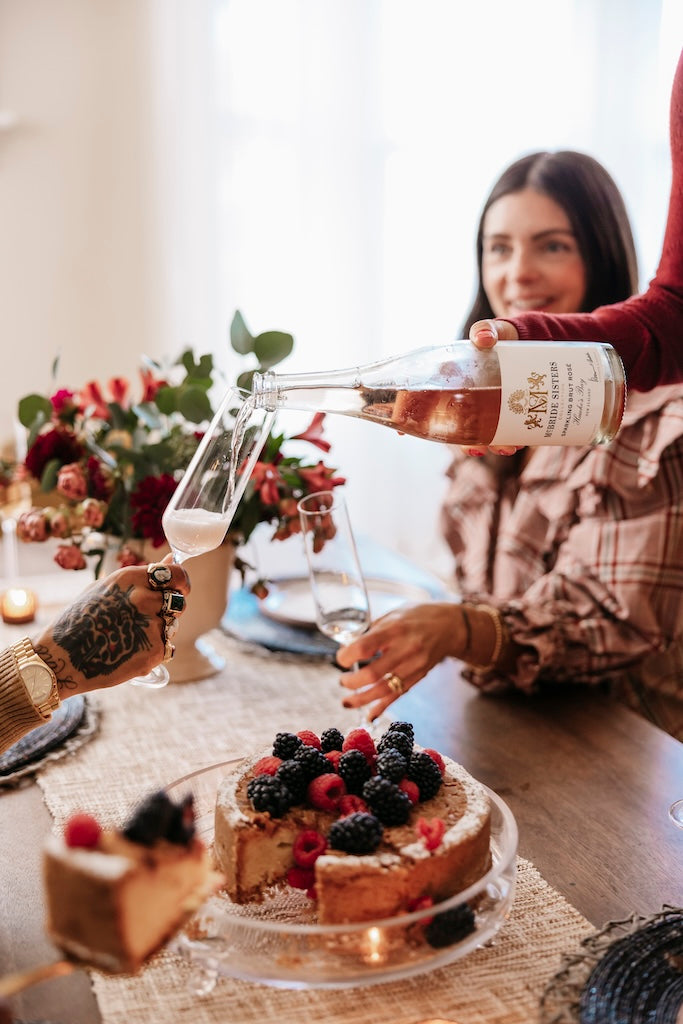In a world that often resists change, some individuals defy norms and carve their paths. Iris Duplantier-Rideau, a woman of remarkable resilience and diverse talents, is one of them. From her early years navigating Jim Crow laws in the South to her pivotal role in the Great Migration to California, to establishing a successful winery in 1997. Iris’s story is one of resilience and reinvention. Her foray into the wine industry, marked by the creation of the renowned Rideau tasting room, challenged norms and brought Creole culture to the forefront. Now, with a family project in New Orleans, she seeks to preserve their mixed heritage, bridging the gap between white and black identities. Rideau reflects on the challenges faced and the acceptance sought in the predominantly White wine industry, emphasizing the importance of diversity and inclusion. As she discusses the role of black institutions in cultural preservation and imparts advice to future generations, her legacy emerges as a powerful narrative of courage, authenticity, and unwavering determination.

It’s so great to get to sit down with you! Tell us a little about yourself and what you’ve been up to lately. What are you looking forward to?
My name is Iris Duplantier-Rideau and I was born in the south. My title now is now author since I've had so many titles in my years. I was a successful insurance agent, the first Black woman agency on the West Coast and that was in 1967. It became my reason for wanting to be involved in civil rights and human rights, so I did that in Los Angeles for 32 years. I’ve had many titles, so it’s kind of hard to answer that question.
That there is a woman of many talents! Let's talk about your wine history. How long have you been in the wine industry and how did you get started? What has the journey been like for you?
I moved to Wine Country in 1990 and got started going to tasting rooms and learning a lot about wine and the winery lifestyle; it just became my passion. By the time I moved here [California] In 1990, a property came on the market and I bought it in 1995. I fell in love with it! My tasting room, Rideau, was an old 1884 historical Adobe in Santa Barbara County. It needed to be restored, and as I got into the restoration and before I knew it, I was planning on a vineyard and opening my own tasting room. I opened my doors in 1997 and had it open for 20 years. It was one of the most successful wineries in the valley. I introduced my Creole culture to the valley, which meant that they could take me for whatever they wanted to. In those days, I couldn’t find a Black winemaker anywhere but I was able to find a couple of Black women from my tasting room [to work]; that was the extent to my representation. Everyone loved my Creole cooking and Jazz playing, that was the reason we became successful overnight. People didn’t have a place to go like mine. It wasn't time for me back then, the wine industry was not interested. [They] didn't even think that we drank wine.To me, it’s time for us, you’re in high demand and we are in high demand as Black people and women. You can do anything you want to do.

That was the beginning of a huge Legacy in the wine industry. What you created and the courage to do that, did you feel like you were well accepted when you first came on to the scene and started building this?
In the beginning, most people didn’t even know so I didn’t say anything. There were only two percent of us in the valley, so I had to depend on the white community. As I started making that transition into becoming a winery for everyone I discovered that some parts of the White community were not ready to accept us, but those that were open to change came, stayed, and loved the opportunity to talk with my Black customers and get to know each other.
Let's talk about what it was like growing up and the transition from Louisiana to California. You wrote a whole book about it, From WHITE to BLACK: One Life Between Two Worlds.
My formative years were throughout the 1940s during Jim Crow laws. The suffering and oppression that was imposed on Black people was so hard. You can’t even imagine how difficult it was to grow up as a Black person back then. We as Creole people, for those that could, took the opportunity to pass as White. My grandmother introduced this concept to me and took me everywhere in the South and New Orleans primarily passing for White. I can't forget those days. During that time weren't even allowed to look at White people, we had to put our heads down so that our eyes wouldn’t touch them, let alone sit next to them on a bus. By the time I was 10, I knew that I couldn't live in the South because I was losing my identity as a person of color. I was losing my dignity, I was losing everything. So, I finally convinced my mother to move to California when I was 12 years old. It was the time of the Great Migration when six million Black people fled the South. I spent my adult years in Los Angeles and that's when I got involved in politics. I found myself opening an agency for Black people who could not get insurance during those times after the Watts riots. It was called redlining, so you couldn't get insurance or secure a loan. It launched my career and how I became sort of successful in LA for 32 years.
You have a dual legacy of being the first in a lot of ways, you’ve always kind of been on the frontier of change, Civil Rights, and making sure that you were taking care of the community regardless of who thought you were Black or White. It says a lot about you as a human, how you just reclaimed your humanity at the age of 10!
Can you tell us about the project that you're working on right now with your family in New Orleans?
We just started it! We call ourselves the Duplantier shape, peasants. We go from white to black and everything in between. And it's so beautiful when there's a picture that we presented to the state, now called Magnolia Mound. It turns out that my great-grandfather Gave his mixed children his last name. Had he not done that, I wouldn't even know my history. That goes for all black people who grew up on those plantations. The plantation now is owned by the state of Louisiana. At first, they were kind of defensive, but they realized that we were there to offer our educational background and our knowledge. The first thing that I want to get done is a monument that is going to be made out of bricks and each brick will have the name of the slave who lived and died on that plantation.
Throughout all of the things that you’ve built so far, do you have any regrets along the way of the journey?
The only regret I have is selling my winery! I knew it had grown and would keep growing and I was in my 80’s. I had to give it up but I moved right down the road from it. I still go there almost every day and it still has the same name!
What role do you believe that black institutions such as social organizations, schools, and churches play in preserving and transmitting cultural heritage?
I think that's up to all of us. The facilities, the universities, churches, and so forth are great places for us to be able to tell our story. But, I think that It's up to us as Black people, of all ages, to continue getting our education and continue growing. Spreading the word making, a change is determined to be about change and to use those facilities.
How do you measure your legacy? What advice do you have for future generations and people who are coming after you?
I want my legacy to be about being a role model, a Trailblazer for young people and to have that ability to assist whenever I can. I'll be an example for anybody. Don’t accept no. In fact allow it to drive you further and you're not going to tell me that I can't.
